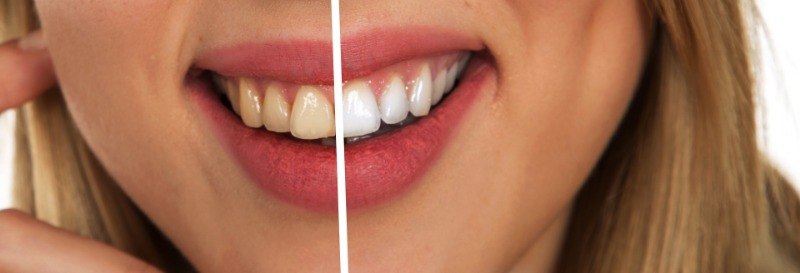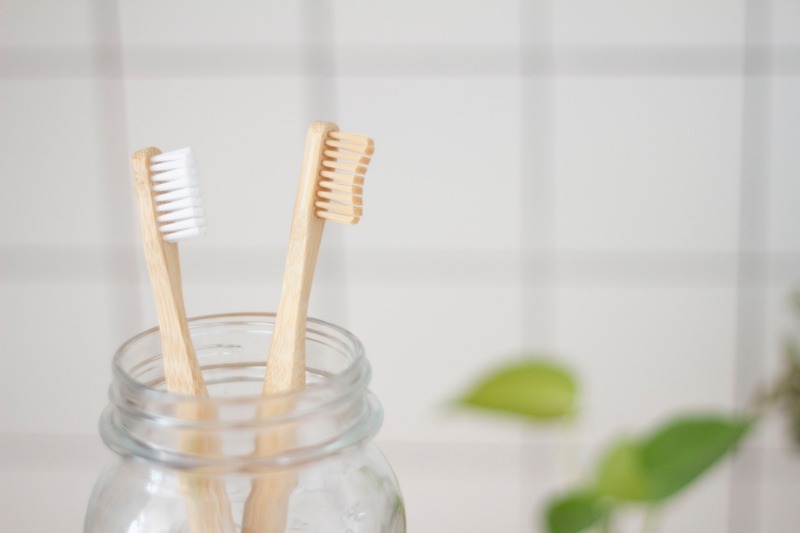Common Questions and Answers about Teeth Whitening

Whitening is the practice of getting teeth back to their natural white color. Bleaching is a more in-depth whitening process. This gets teeth beyond a natural white color. Many dentists use the word ‘whitening’ to explain both processes. Whenever we think about teeth whitening there are a few questions that pop up in our minds. To put it in simple words, teeth whitening is the most popular form of cosmetic dentistry.
Answers to some common questions by Toluca Lake Dentist
Pros of Getting My Teeth Whitened In-Office?
In-clinic teeth whitening is safer for your enamel. This is more effective at getting the whiteness level. Most importantly, this gives very bright results only after one application. It may take weeks of using a potentially damaging store-bought kit to accomplish the looked-for result.
Some dental clinics, like My Dentist Toluca Lake, offer professional suggestions which are at times as effective as in-clinic services. This could be an unbelievable solution for patients with a hectic schedule who might not have the time for whitening appointments.
How Frequently Should I Need to Whiten My Teeth after the First Treatment?
Once your required brightness stage is accomplished, you probably won’t need to smarten up your smile for at least a year or even longer. This truly comes down to your oral care and lifestyle habits. For instance, if you smoke or drink a lot of wine or coffee, you may need touching up in six months or so. During your normal six-month checkups and cleaning with your dentist, don’t hesitate to ask over how your teeth are looking. They can advise you if it’s time for another whitening sitting.
What Are the Advantages and Disadvantages of at-home Whitening with Store-Bought Kits?

At-home whitening with a store-bought kit is trendy for its convenience and affordability. At-home whitening isn’t essentially bad, but it is advised to seek suggestions from your dentist before using it.
For one, it’s trouble-free to overuse an at-home whitening product. This may subsequently, harm your teeth, either through enamel break or agonizing sensitivity. Some individuals may find the potency to be too much for their teeth. Besides some may find they aren’t that effective in whitening.
By visiting your dentist for in-clinic treatments or a professional at-home kit, you’ll be assured that you get the best results feasible fast and with the least sensitivity.
What’s the Dissimilarity Between Stain-Lifting, Bleaching, and Whitening?
People habitually use the terms bleaching, stain-lifting, and whitening synonymously. To be precise, there are some differences though.
As the name implies, stain-lifting is the act of lifting stains off the teeth. This happens during whitening over and above bleaching. Whitening is the practice of eliminating discoloration and getting teeth back to their natural white color. Bleaching is a more in-depth whitening process. To put it in simple words, it gets teeth beyond a natural white color. Many dentists use the word ‘whitening’ to describe both processes.
What Should I Do If My Teeth Are Sensitive After Whitening?
If you follow the recommendations suggested by your dentist it will significantly reduce sensitivity post-whitening. Still, experiencing some sensitivity after whitening? Try to stay away from hot and cold food items in addition to very sweet or acidic/sour foods. You can also switch to toothpaste meant for sensitive teeth.
Tooth sensitivity from whitening is usually impermanent. If you’re experiencing enduring sensitivity or tenderness, discontinue whitening. Contact your dentist immediately. If you’re feeling only minor sensitivity, it’s still a good idea to keep your dentist informed in case your whitening schedule or product needs to be altered.
Teeth Whitening Toluca Lake
Call 818-483-9077 to schedule an appointment with Dr. Sahakyan. Get all your teeth whitening doubts clarified by our expert Dentist Toluca Lake.
